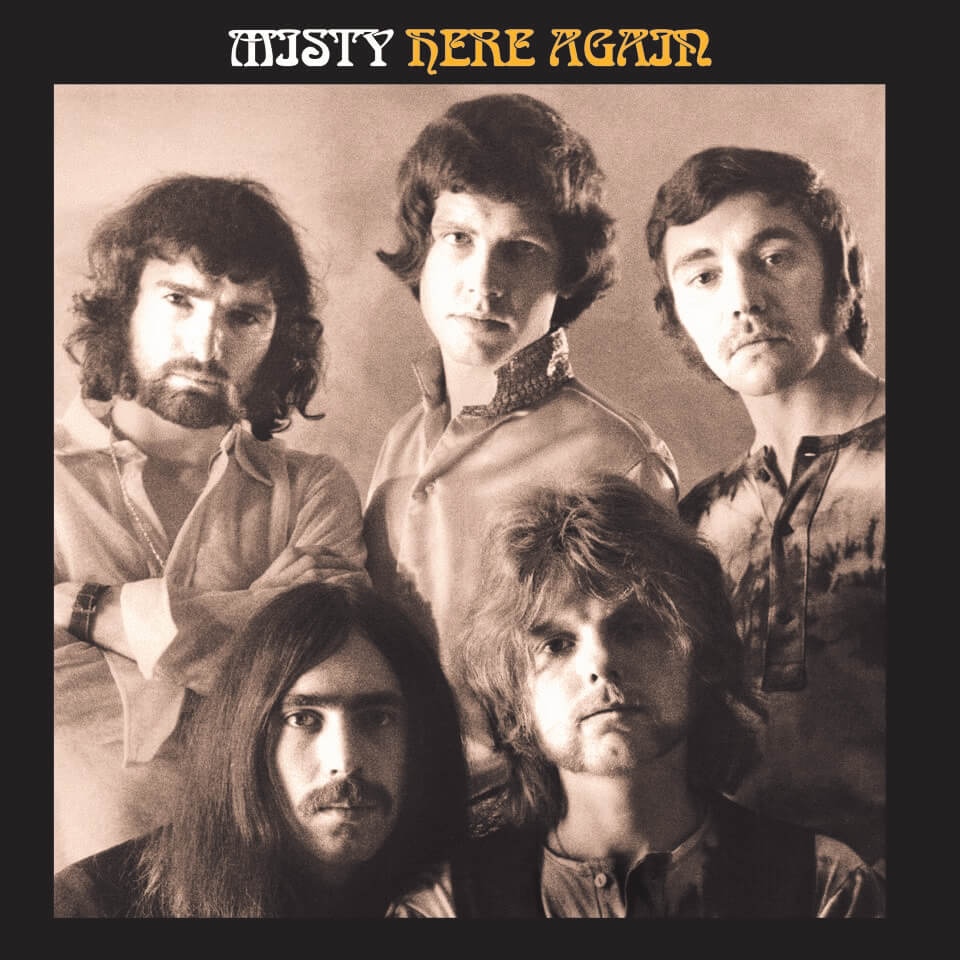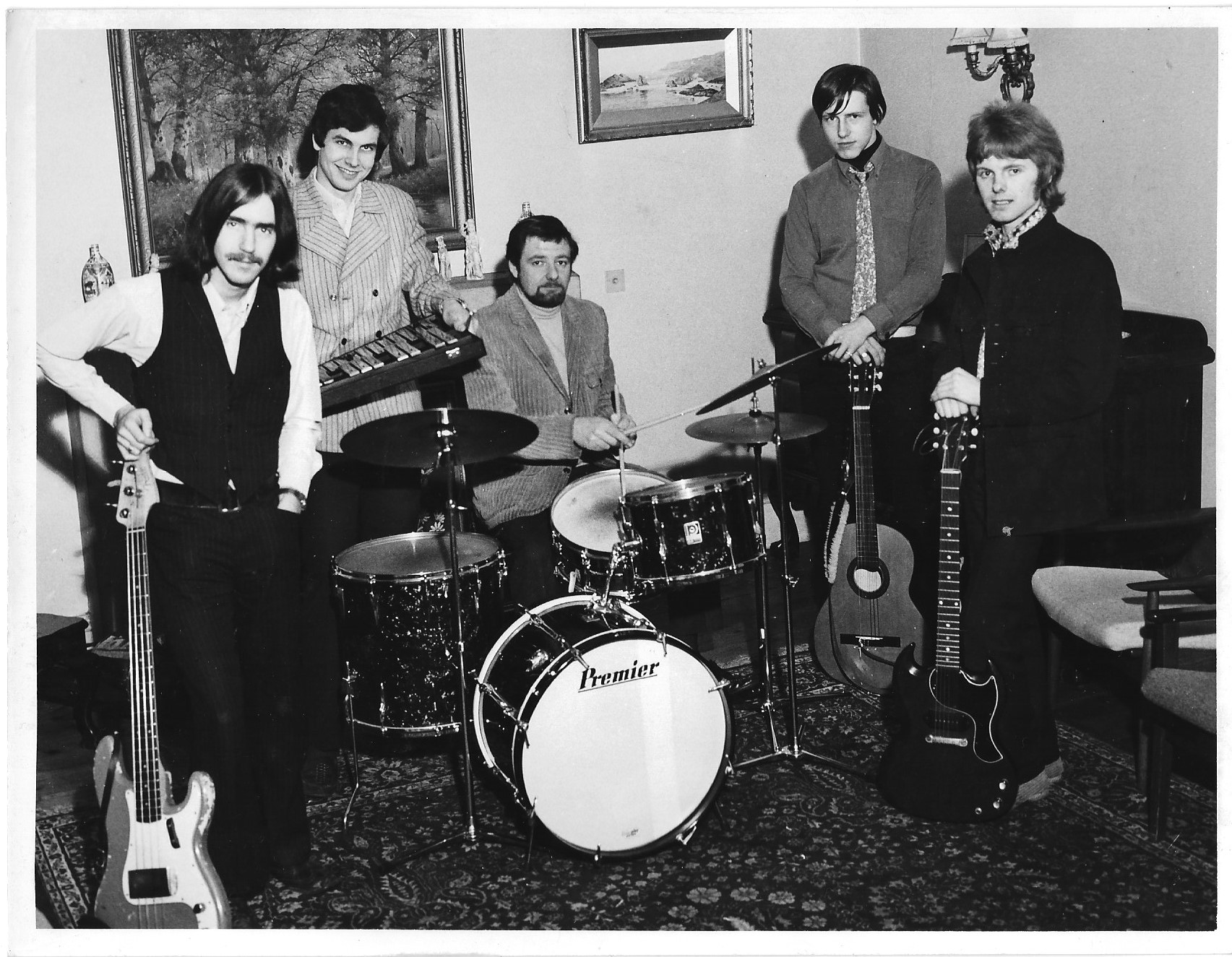As the British music scene entered the seventies, Misty seemed destined to be the next big group due to their unique blend of classically-inspired prog rock and psychedelic pop. Their manager Michael Grade proclaimed them to be “the future of rock music”, and their EMI single ‘Hot Cinnamon’ promised much. However it failed to chart and their concurrently-recorded LP wasn’t released. Until now. Jason Barnard speaks to Misty’s Michael Gelardi as Grapefruit finally releases their album ‘Here Again’.
What groups were you in before Misty and how did Misty form?
The Gremlins (recorded with Chris Andrews), Zuzu and the Zam Band, and The Sonny Burke Show where I met and worked with Steve Bingham, and we subsequently started writing our own material and founded Misty. Steve had worked with Tony Wootton where they came from in Solihull and we invited Tony to come to London and join us. For a drummer, we realised that a standard rock drummer would not handle some of the complexities of our music and decided we would need a jazz drummer whom we could coax into to play rock – after numerous adverts and auditions we managed to find John Timms, a ‘dyed in the wool’ jazz musician whom we eventually succeeded in dragging ‘kicking and screaming’ into the dreaded world of rock!
Did you have a vision for the sound of the group and what were your influences?
Yes – classical music fusion, incorporating the genuine mainly baroque music of Bach, Handel, Scarlatti etc. into our own rock/pop/jazz original compositions.
Your material dealt with topics rarely heard in lyrics at the time including suicide (Final Thoughts) and incurable illness (Julie). Was that a conscious decision to set you apart from the scene at the time?
Controversial thoughts on then almost ‘taboo’ subjects in the lyrics were not really conscious decisions by us, but were certainly quite bold and essentially ahead of their time.
What were your early gigs like and where did you play?
The only ‘live’ gigs we actually did as Misty were, rather bizarrely, supporting Roy Orbison at the Odeon Birmingham and a rock concert at Banbury College, Banbury where we had a quite ecstatic reception. We also did a recently discovered TV show for Border Television and a number of BBC Radio One ‘live’ shows.
What led to your residency at the Acapulco Beach Club in Beirut, Lebanon and what are your memories of that period?
Before Michael Grade we had a manager by the name of Henry Hadaway MBE, later considered a pioneer of independent record labels. He was Isreali but had strong connections in Lebanon. Henry convinced us to go to Beirut to tighten up the band for live performances. However, Steve did not wish to come with us as he also had commitments with The Foundations in the UK, so we had to find a bass player at very short notice. Fortunately we found Alan Willis, a fine bass player and singer. The Acapulco Beach Club was a beautiful open air venue which catered, amongst other attractive customers, for numerous of the BA air hostesses. As then the only British band in Beirut, we were treated a bit like rock stars by all including the air hostesses – so suffice to say, the band had a fine time!
How did Michael Grade come to manage Misty and how did he help the group?
My father was a director of Trust House Forte Hotels at the time, and through his connections I was introduced to Leslie Grade, Michael’s father, who had just taken over London Management, a substantial variety agency, and put Michael in charge. Michael, in his 20’s, was keen to launch a rock music department. He was very impressed with our music and arranged (and paid) for us to record a single and the now rediscovered album. We were his first (and I think last!) rock band.
What do you remember about the recording process for the tracks that make up the new ‘Here Again’ release?
We recorded the album at the famous Regent B Studios in Denmark Street (Tin Pan Alley) London, ,reputed as the Rolling Stones first recording studio. It was then just a 4-track studio, which is hard to imagine nowadays and when you listen to the album, but we were very lucky to have one of the best recording engineers in the UK on our case. Adrian Ibbotson (Ada), who had just engineered for Sgt. Pepper’s Lonely Hearts Club album, did a fantastic job which I think can only be marveled at to this day in ‘Here Again’
The ‘Hot Cinnamon’ single didn’t seem to get the push by Parlophone it deserved. Is that your recollection at the time?
Yes and I think there lies the underlying reason for our demise. I don’t think they were the right label for us. While they were The Beatles’ label and had many big names on their roster, they were essentially a pop music label and we were not that. However, Michael Grade’s uncle Bernard Delfont was then on the board of EMI which owned Parlophone, so we could understand that it was the obvious choice under the circumstances.
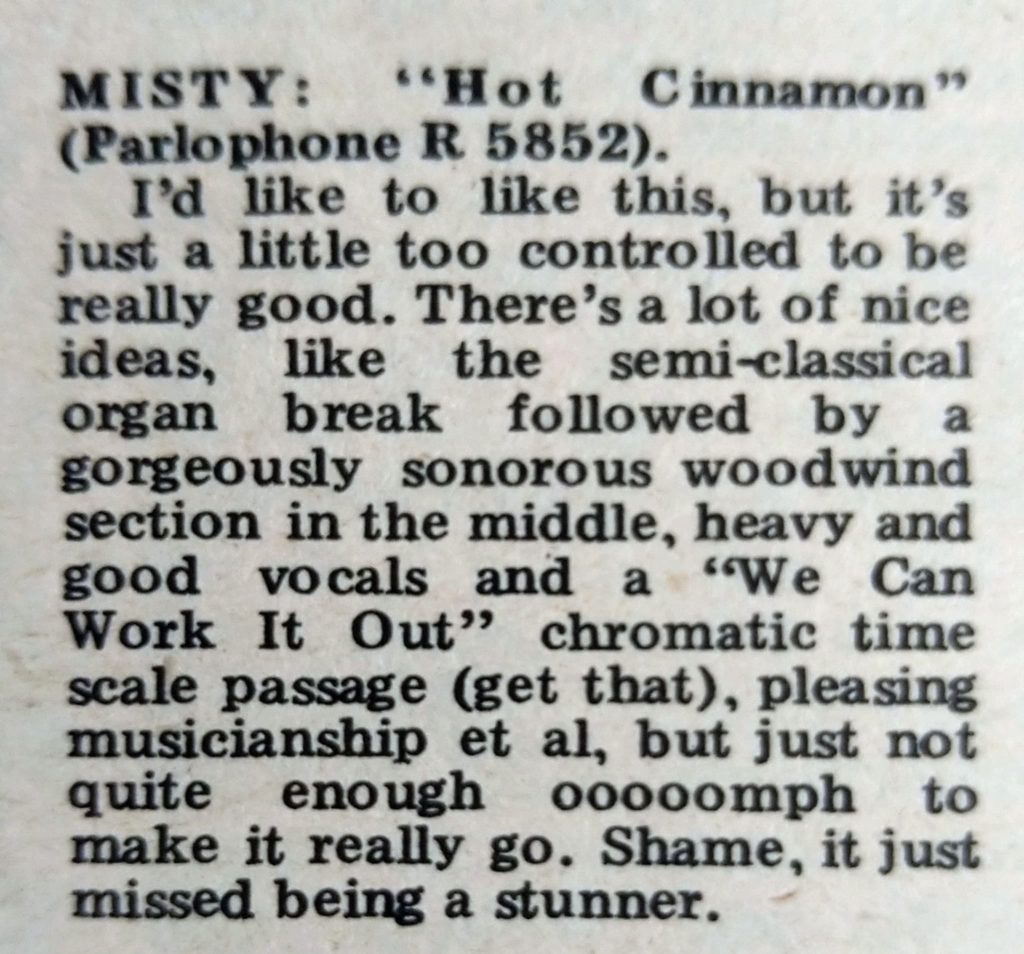
Was it Michael Grade’s connections that led to the two Misty Border TV specials and what do you remember of them?
Yes it was, as Michael’s other uncle was Lou Grade, who founded ATV, the first commercial TV channel in the UK. We travelled in our new Bedford van (generously bought for us by Michael) all the way to Carlisle to do the shows. We did them virtually in one take but never actually saw or heard the shows – in fact not until 52 years later when one of them was discovered at the British Film Institute by an avid record collector and longtime fan of Misty, who happened also to be a retired police detective. It was quite a surreal experience to witness the film and a really amazing find.
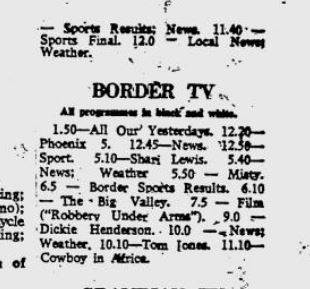
Was it the failure to place the album with a label and the lack of gigs that led to Misty’s split?
Pretty much so as I recall. The university circuit was really where we would have scored and that was just not to be.
What did you do afterwards?
I personally went on into the music agency business, working for and learning initially from the great orchestra leader and agent Geraldo. I then started my own agency and sold it to Trust House Forte, then the largest hotel and leisure company in the world, creating the entertainment division of the company, which we went on to develop into one of the main employers of musicians in Europe.
Steve Bingham has remained a professional musician ever since and presently plays for and manages Geno Washington and the Ram Jam Band, as well as Ronnie Lane’s Slim Chance band.
Tony Wootton, our singer, went into the electronics and later insulation businesses, but he and I have remained recording music together over many years under the name of The London Baby Boomers.
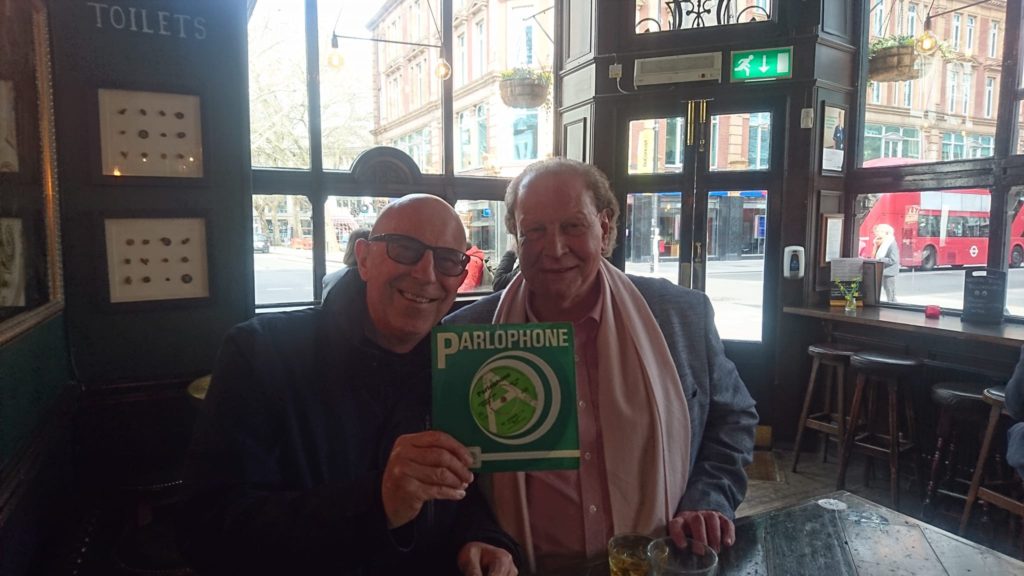
When did you hear about the increasing collectibility of ‘Hot Cinnamon’ and why has it taken this long for the rest of your material to be issued?
Initially through rock and jazz music writer and guru, Jonathan Wingate, who wrote a piece in a publication called ‘1969 The Year That Rocked’. I mentioned my album to him, as it was recorded in that year. He did some investigation and has kindly written some of the sleeve notes to ‘Here Again’.
An acetate of the album itself, which I had not even thought about for some 40 years and had no idea I still had, was actually discovered in my record collection by a girlfriend about 15 years ago. The acetate miraculously was still in good condition and I took it to Porky’s Studio in London to be remastered and put on CD. Strangely, when I went to pick up the CD’s Porky the owner asked to meet me. He said I’m sure I’ve heard this music before – I retorted impossible! He said I was in a band in the sixties – it was called The Fourmost. Ahh, then I knew where he had indeed heard this music before. Astonishingly The Fourmost were on the same bill as us with Roy Orbison some 40 years prior! So I guess our music must have some sustaining and memorable qualities!
Further information
Misty – Here Again is released by Grapefruit Cherry Red on 16 September 2022. The album is augmented by the audio content of that 15-minute television showcase, a 4000 word sleeve-note about Misty’s hitherto-undocumented existence together with photos, memorabilia and quotes from band members.
Photos used with permission of Michael Gelardi, Steve Bingham and Cherry Red.
